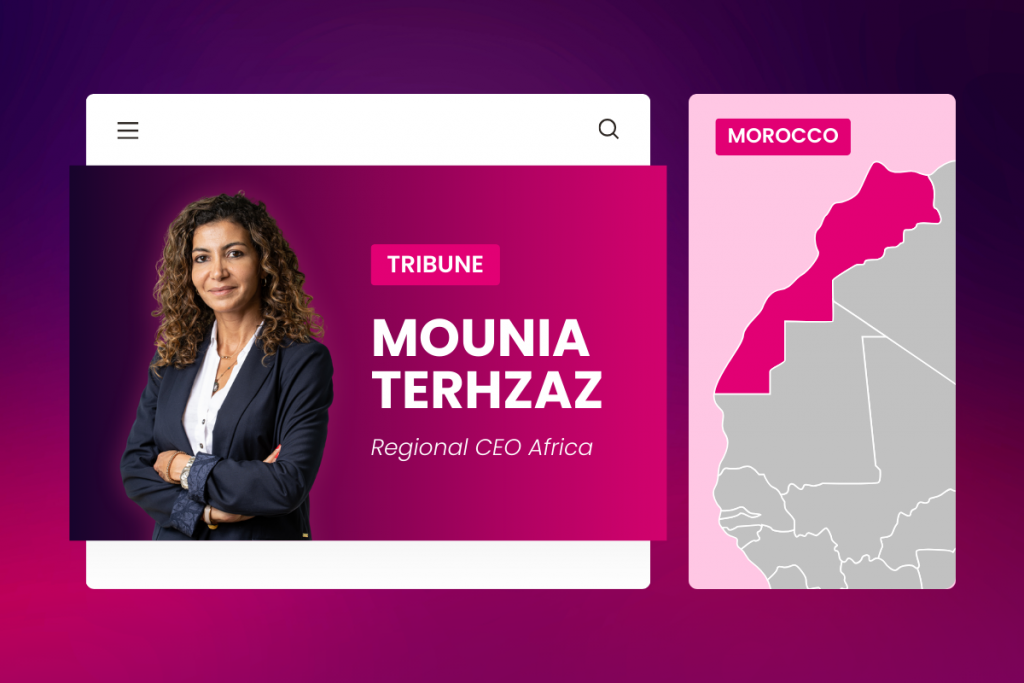The shift towards alternative payment methods
In recent years, Sub-Saharan African countries have witnessed a rapid adoption of alternative payment methods, driven by factors such as the proliferation of mobile devices, the need for financial inclusion, and the push for digital transformation. Traditional banking infrastructure often falls short in reaching the unbanked or underbanked populations in the region. Alternative payment methods, however, provide an opportunity to bridge this gap and offer financial services to a wider segment of the population.
To exemplify these facts, according to the Global Findex Database (World Bank), in the region only 3% of the population has access to a credit card, while mobile phones have proliferated quickly, with a 75% of penetration rate, making alternative payment methods a perfect match for the specificities of Sub-Saharan Africa.
The role of telecom operators in the ecosystem
In this context, telcos play a crucial role in the evolution of the digital payments’ ecosystem of the region. Through direct carrier billing and own mobile wallets, operators enable digital payments and grant access to digital services to a demanding proportion of the population. On top of that, by offering premium content and improved connectivity, telecom operators are a key player in developing this ingoing trend.
Financial inclusion, but also a broader digital inclusion, can be achieved only with the involvement of telcos, content creators, aggregators, fintech companies and regulators by creating an inclusive environment.
Sub-Saharan Africa remains the global epicenter of mobile money
One of the most significant developments in alternative payment methods in Sub-Saharan Africa is the rise of mobile money. In fact, according to GSMA Sub-Saharan Africa is now considered the global epicenter of mobile money, due to its 48% of global share of registered accounts. In 2022, this region had 763 million mobile money accounts, out of the 1.6 billion accounts worldwide. Furthermore, this trend has been spiked with the high registration of new accounts in 2022, as the area was responsible for 59% of all new accounts registered globally.
Mobile money services have gained widespread adoption across the continent, with countries like Kenya and Ghana leading the way. In Kenya, for instance, mobile money platforms have revolutionized the way people transact, with transactions made via mobile wallets equivalent to a significant percentage of the country’s GDP. This success can be attributed to factors such as high mobile phone penetration, limited traditional banking infrastructure, and the affordability and convenience of mobile money services.
Direct carrier billing: Expanding access to digital goods and services
In addition to mobile money, another alternative payment method gaining traction in Sub-Saharan Africa is direct carrier billing. This payment solution enables users to make purchases and pay for digital goods and services by charging the cost directly to their mobile phone bill. Direct carrier billing eliminates the need for credit cards or bank accounts, making it more accessible to individuals who do not have traditional banking relationships.
The adoption of direct carrier billing in the region has been driven by the growing demand for digital content and services, such as mobile apps, music streaming, and online gaming. By providing a seamless and convenient payment experience, direct carrier billing enables users to access these digital offerings without the need for traditional payment methods.
Challenges and opportunities
While alternative payment methods offer numerous benefits, they also face challenges that need to be addressed for wider adoption and success:
- Regulatory environment and infrastructure: To promote the growth of alternative payment methods, countries in Sub-Saharan Africa need to establish clear and supportive regulatory frameworks. These frameworks should foster innovation, ensure consumer protection, and provide a level playing field for both traditional financial institutions and emerging fintech players. Additionally, investment in digital infrastructure, such as reliable internet connectivity and power supply, is crucial to enable widespread adoption of alternative payment methods.
- Building trust and overcoming skepticism: While alternative payment methods have gained traction in some countries, there is still a degree of skepticism among individuals who are unfamiliar with these technologies. Building trust is crucial to drive adoption, and this can be achieved through transparent communication, robust security measures, and reliable customer support. Financial institutions, mobile network operators, and the rest of the players must work together to address concerns and demonstrate the value and security of alternative payment methods.
The shift towards alternative payment methods
As Sub-Saharan African countries continue their journey towards digital transformation, alternative payment methods are prepared to play an increasingly significant role in shaping the region’s financial landscape. The ongoing advancements in technology, the expansion of mobile networks, and the commitment of governments and regulators to foster financial inclusion are all contributing to the growth of these methods.
Looking ahead, the potential for alternative payment methods in Sub-Saharan Africa is vast. With the right infrastructure, regulations, and awareness, mobile money, direct carrier billing, and other innovative solutions can unlock new possibilities for individuals, businesses, and economies. By embracing these alternative payment methods, Sub-Saharan African countries can drive economic growth, promote financial inclusion, and create a more inclusive and accessible financial ecosystem for all.




